16. The Celebration (1998)
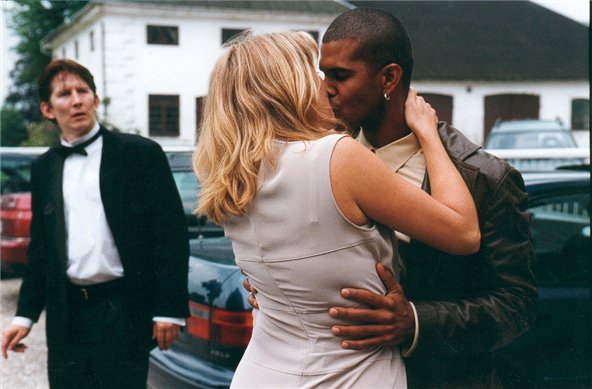
Also known as ‘Festen’, this Danish drama was the first film created under the Dogme 95 rules which served to purify filmmaking by refusing technical special effects, post-production modification and basically anything that could alienate the viewer and distract them from the realism of the story and the actors’ performances.
Thomas Vinterberg’s film follows a family as they celebrate their father Helge’s (Henning Moritzen) 60th birthday at their family-run hotel with many of his and his wife’s (Birthe Neumann) friends.
As everybody arrives at the hotel and the celebration dinner commences, the children adjust to being at the place where their sister, Linda, had recently committed suicide.
During dinner, Linda’s twin brother, Christian (Ulrich Thomsen) makes a speech that reveals the truth about their father, to which everybody including his younger sister, Helene (Paprika Steen) and brother, Michael (Thomas Bo Larsen) ignore and continue celebrating Helge’s birthday as if nothing happened.
The evening spirals into a long, tragic night of frustration, accusation and revelation until they join back together in silence for breakfast.
17. 4 Months, 3 Weeks, 2 Days (2007)
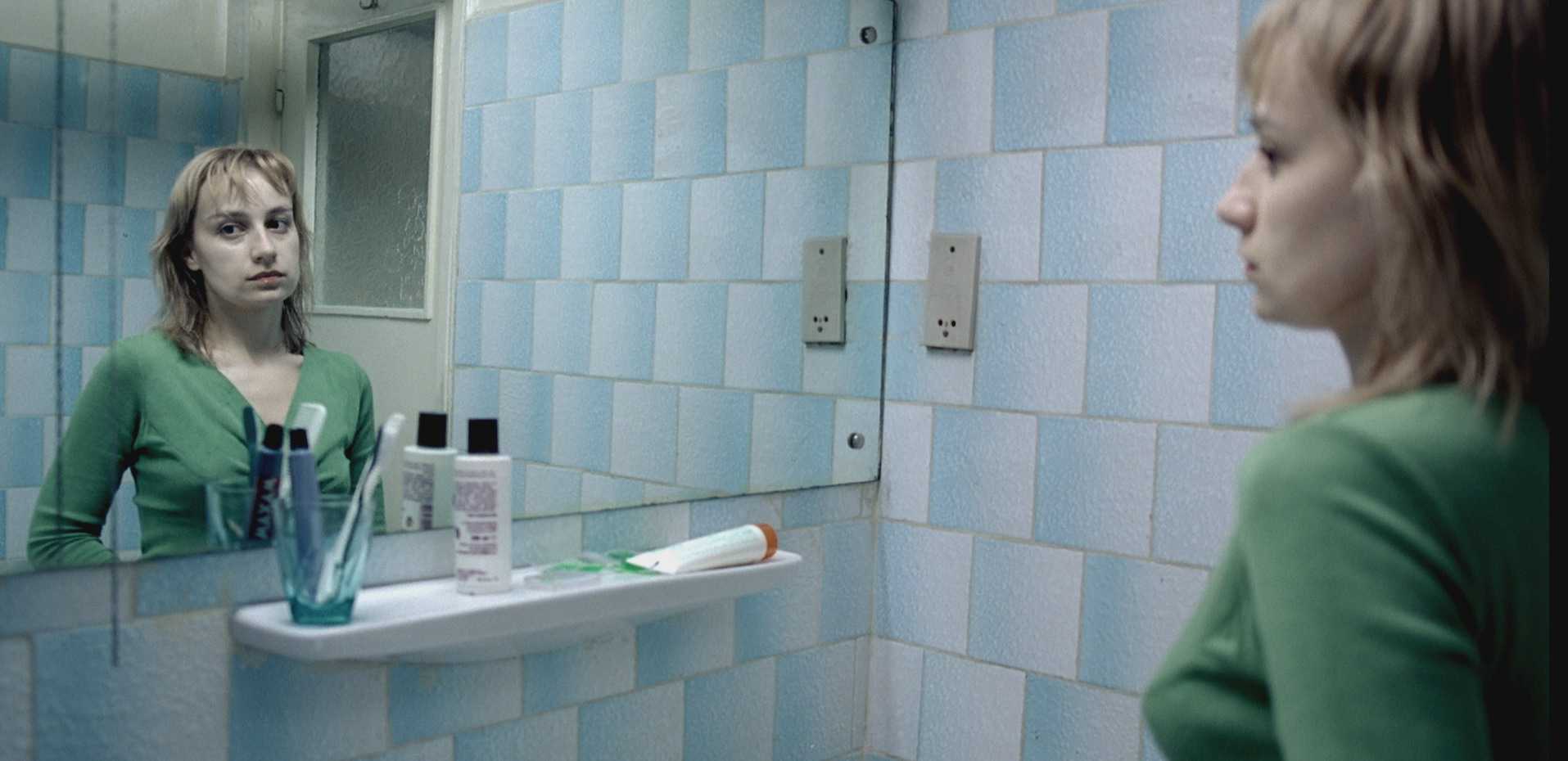
Set in 1987 Communist Romania during the final years of the Nicolae Ceausescu era, Cristian Mungiu’s drama follows two university students, Otilia Mihartescu (Anamaria Marinca) and Gabriela “Găbița” Dragut (Laura Vasiliu), as they try to arrange an illegal abortion for the clueless Găbița throughout a day.
Otilia drives the film as she sacrifices everything to help her desperate and naïve friend get an abortion. She balances out Găbița’s stupidity with bold courage and heart as she attempts to fix all of Găbița’s mistakes, of which there are many.
Otilia borrows money for her, meets the abortionist, Mr. Bebe (Vlad Ivanov), for her and finds another hotel for the abortion – despite Mr. Bebe’s demands to meet with Găbița herself, to go to a specific hotel – which Găbița supposedly reserved, as well as a plastic sheet which Găbița too forgets. Even though Otilia becomes tired of her child-like friend, she continues to help her, despite having troubles of her own to deal with, like her boyfriend, Adi (Alex Potocean).
She is torn between two self-obsessed immature people whom she loves who struggle to exist without her. Both are overly dependent on her and see her presence as proof of love and the lack of it equal to hatred. Adi continuously urges her to come to his mother’s birthday party even though she insists that she cannot make it – due to private, urgent business – but he is unable to understand and sees it as her trying to embarrass him.
In this Palme D’Or winning film, the silences are just as important as the dialogue. The characters and the circumstances are the focal points and they are conveyed through static, minimalist and carefully levelled cinematography that follows one-shot-per-scene simplicity.
18. Magnolia (1999)

The huge, ensemble cast is mostly held together through a quiz television show (What Do Kids Know?”. There is the smart kid Stanley Spector (Jeremy Blackman) who is the current genius on the show. His anxiety regarding the show is reflected in the older, briefly famous as a child, “Quiz Kid Donnie Smith” (William H. Macy) who is now a drunken furniture salesman who desperately wants braces.
The show’s emcee, Jimmy Gator (Philip Baker Hall) has just learnt that he will soon die. His daughter, who he hasn’t seen in ten years, Claudia (Melora Walters) is a cocaine addict and has accused him of abusing her when she was young. She meets a policeman (John C. Reilly) with whom she bonds.
The producer of the show, “Big Earl” Partridge (Jason Robards) had left his cancer ridden wife and his son, Frank Mackey (Tom Cruise), who has now become a successful motivational speaker. Big Earl now has the same cancer his wife had and is bed ridden and is only accompanied by his nurse (Philip Seymour Hoffman) and his gold-digging second wife (Julianne Moore).
All the characters carry deep shame, abandonment issues, regret and are still recovering from mistakes they made years before. The heavy sadness and bitterness is balanced with confession and moments of deep self-revelation that are created through coincidence.
The complex film was created by Paul Thomas Anderson when he was only 28-years-old. His masterful use of narration and metaphorical sequences illustrate that there are forces greater than chance that play important roles in life. Of the ensemble cast, Tom Cruise was nominated for Best Supporting Actor at the 72nd Academy Awards, and won the award in that category at the Golden Globes of 2000.
19. Ferris Bueller’s Day Off (1986)
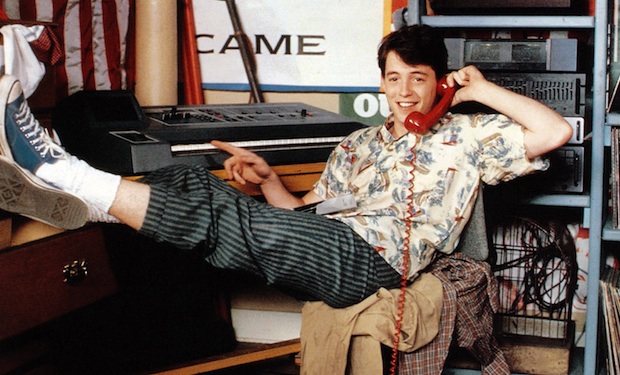
While many of John Hughes’ other films could qualify for this list like “The Breakfast Club” or “Sixteen Candles”, “Ferris Bueller’s Day Off” is probably the most relevant since the most happens in the span of time – and it’s even in the title.
The iconic comedy film follows the avoidant, charismatic and creative high school senior Ferris Bueller (Matthew Broderick), who pretends to be sick in order to skip school and spend the day out in Downtown Chicago with his girlfriend Sloane Peterson (Mia Sara) and tired best friend Cameron Frye (Alan Ruck).
However, while his techniques convince his parents and win the sympathy of his peers, he doesn’t manage to fool his Dean Edward Rooney (Jeffrey Jones) and his resentful sister Jeannie (Jennifer Grey), who regularly try catch Ferris in his lies. During the film, Bueller regularly breaks the fourth wall by speaking directly to the camera to explain to the audience his thoughts and techniques.
20. A Single Man (2009)
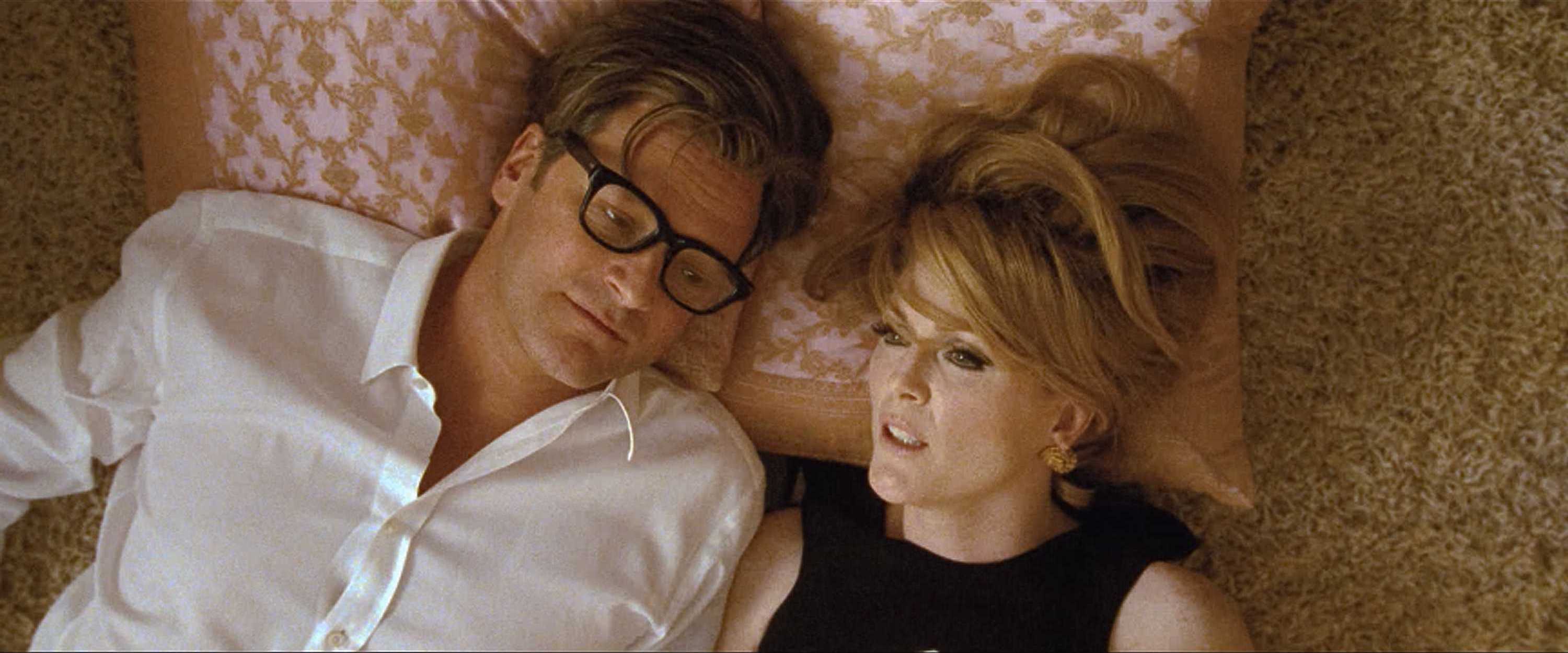
Set across one day in 1962 in Southern California, George Falconer (Colin Firth in his Oscar nominated role) is a depressed, gay English university professor who is planning on this particular day being his last one.
With Firth’s patient voice-over and a couple of flashbacks, it is revealed that his partner Jim (Matthew Goode) of 16 years had died in a car accident eight months beforehand, explaining his enduring grief, pain and loneliness.
In the fashion designer turned director Tom Ford’s debut, the color palette and production design (Dan Bishop) is fundamentally basic to the film. The editorial application of color and extremely tight close-ups of facial features depends on beauty and human connection.
When he sees and converses with his handsome student Kenny (Nicholas Hoult), the color becomes overly saturated, especially when contrasted with the dull monochromatic tone of the screen when George is by himself. Besides the narrative and the cinematography, the Abel Korzeniowski score finds rare beauty in the ordinary daily events of George’s life since each will be happening for the last time.
21. Die Hard (1988)
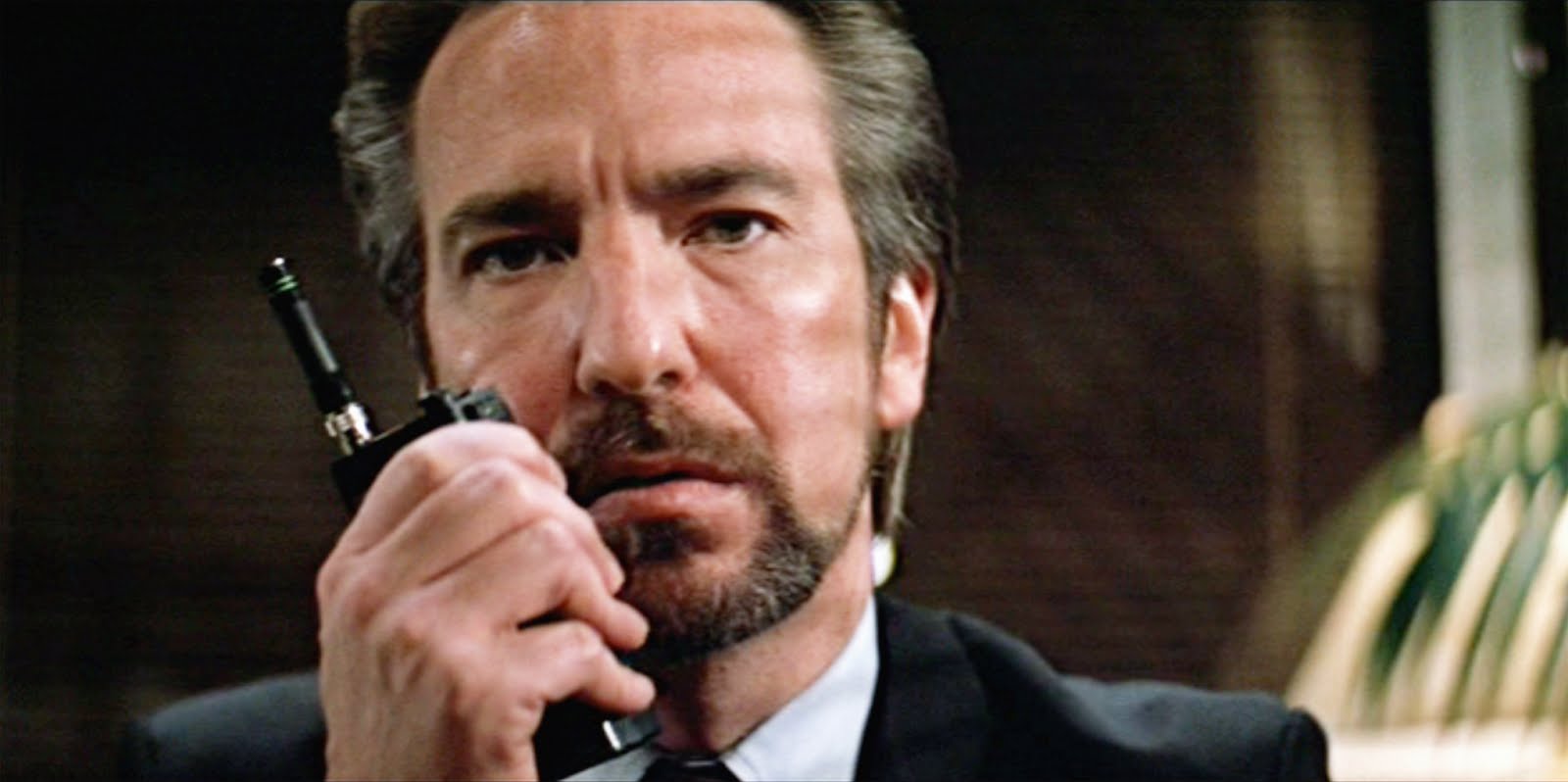
John McTiernan’s hit action film the off-duty New York City Police Department officer John McClane (Bruce Willis) who unexcitingly goes to his wife’s, Holly’s (Bonnie Bedelia), office’s Christmas party which is taken over by a group of terrorists led by Hans Gruber (Alan Rickman). However, they are actually a highly organised criminal group who are performing a time-sensitive heist.
The group takes everybody, including Holly, as hostages while McClane manages to slip away since he was changing. He manages to contact the LAPD and action escalated both inside the outside the walls all throughout the night.
The film was nominated for four Academy Awards including Best Sound Editing, Best Film Editing, Best Sound Mixing and Best Visual Effects.
22. High Noon (1952)
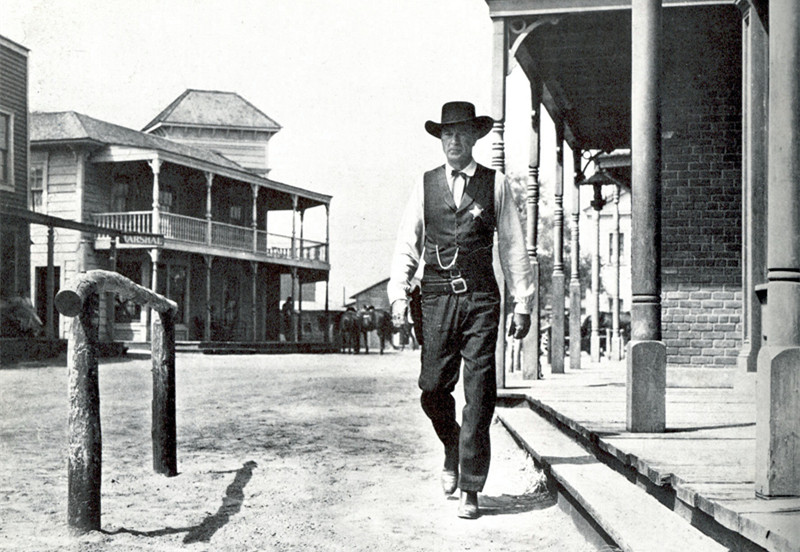
Fred Zinnemann’s Western film follows Will Kane (Gary Cooper), a freshly retired town marshall who, along with his pacifist, newlywed wife Amy Fowler (Grace Kelly), intend to move to another town and open up a store.
However, a criminal, Frank Miller (Ian MacDonald) who Kane sent away has just been pardoned on some legal technicality and is determined to kill Kane as revenge. Miller’s gang helps him in his quest, especially his younger brother Ben (Sheb Wooley), Jack Colby (Lee Van Cleef), and Jim Pierce (Robert J. Wilke). Kane knows that Miller and his gang will destroy his town in order to find him, and turns back to face them himself.
The film won four Academy Awards including Best Lead Actor, Best Editing, Best Score, Best Song, as well as and four Golden Globe Awards for Best Lead Actor, Best Supporting Actress, Best Score, and Best Cinematography-Black and White). The film was also nominated for Acadamy Awards for Best Director, Best Picture, and Best Writing, Screenplay.
23. Oslo, August 31st (2011)
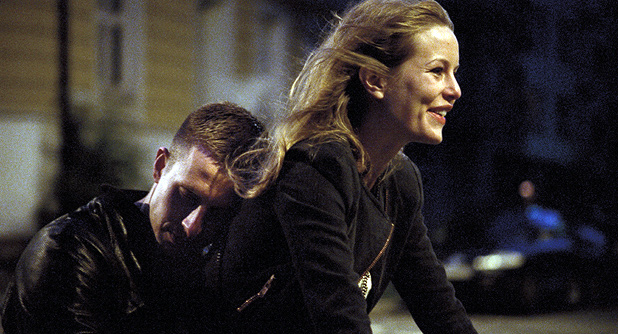
This critically acclaimed Norwegian film studies a different facet of drug addiction that most tales never get to – rehabilitation. Anders (Anders Danielsen Lie) is immersed back into society for one day during his stay in an Oslo rehab clinic for a job interview with an avant-garde magazine for when he gets out of rehab.
The rest of his time is spent walking around nostalgic streets, meeting old friends and calling a former girlfriend who never picks up. However, even though he is back to his life for one day – it no longer seems like his life. Anders is behind everyone else and is stuck in the past where no one belongs. His friends are getting married, having children, working not only for the weekend but to save for their futures.
Oslo has moved on without him, and he is left stranded not knowing which direction to turn. Despite having gained quality writing credits on his resume when he was clean, Anders has no faith in himself or a fresh start. He may be momentarily be free from rehab, but will never be free from his addiction.